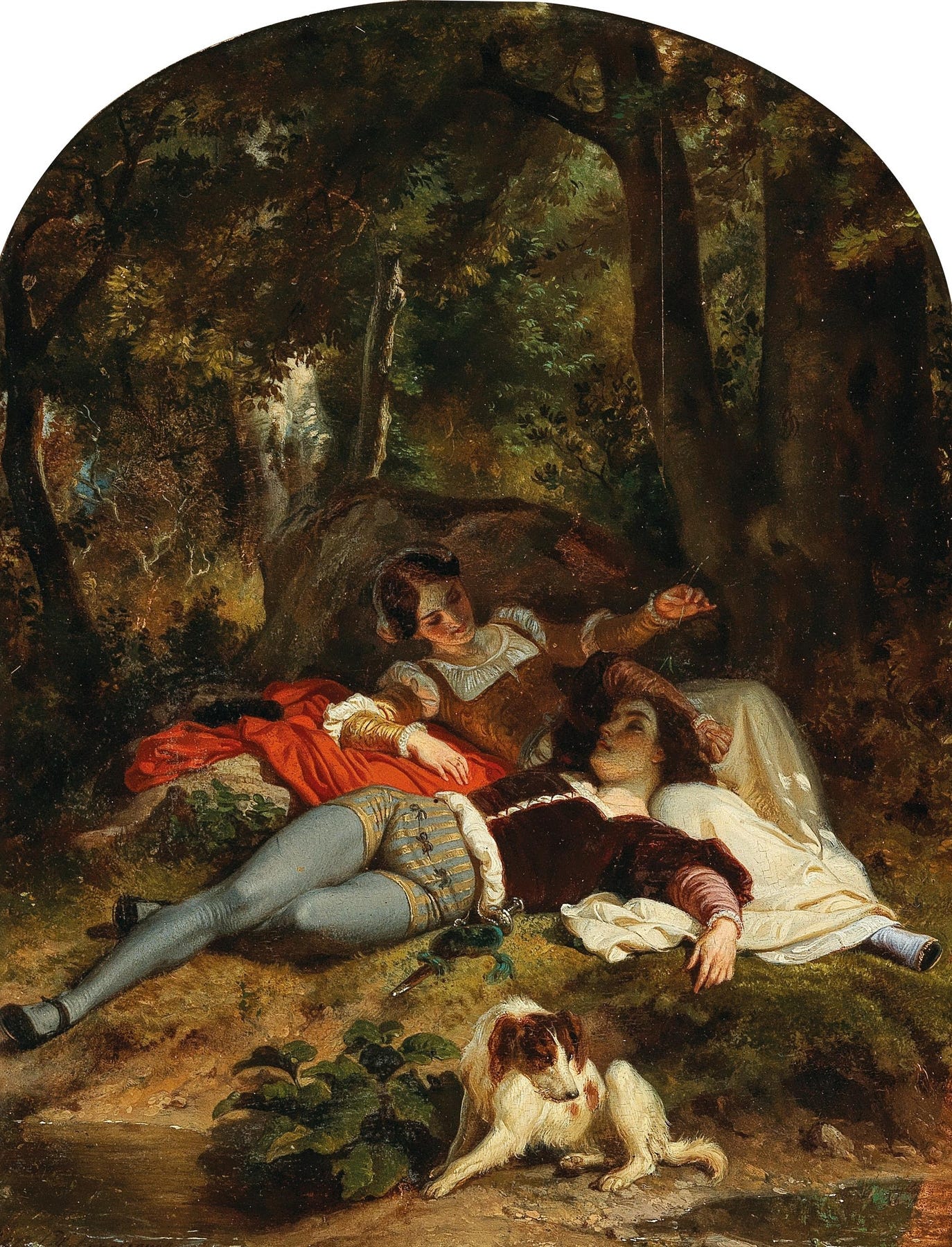Love Is a Verb
A few personal thoughts on why you can't fall out of love.
Love is a verb, as everyone knows. I love, you love, he loves, she loves, they love. When I thought of the verb love in college, I often wondered, if love is a verb, can you fall out of love? Or, instead, do you choose not to do the action of loving?
Since I hadn't had a long-term relationship at the time, I stopped wondering about it. Then I had two, and that gave me the answer, and it is that love is a verb.
When you love someone, each interaction is an opportunity to love via the act of loving. These include complimenting, going out, and supporting your significant other.
When I ended my first long-term relationship, I regretted it right away. Then, a few minutes later, I looked at my necklace that says, "you could leave life right now," and then I didn't regret it. It reminded me I chose, unconsciously and consciously, not to give and receive love on the scale as I did when I decided to love her before she turned into my girlfriend. It was my choice not to love her, and it was my choice not to choose to love her to win her back.
People who cheat choose to love someone else. They may love their significant other, but even if it's for a brief moment, they choose to love someone else.
Ok, so love is a verb, an action. Is there value in knowing that?
It does, as it means you can't form arguments such as, "I fell out of love." If someone says they did, in my mind, I rephrase it as, "you no longer chose to love them." Some people don't deserve love, like the ones that cheat on you. But if you choose not to love someone that loves you, that's on you.
If loving someone depends on the action of loving, then choosing not to love them will bring periods of uncertainty. And that is what tends to happen. You take the other person's love for granted, and then they are gone. You think you can make it up in the next vacation or love them more the next time you see them. Then you realize that the window has closed. The most anxiety-inducing windows close when the relationship between two people who loved each other end. In them, one person didn't love, and the other reciprocated by not loving either.
In many areas of life, you can avoid being surprised by something by becoming aware of it. There's a psychology experiment in which subjects must count the number of times a team passes a basketball between each other. When scientists ask, most people get the number right. Then they ask, "did you see the gorilla?" and more than half say no. They got the right number because they expected to be asked about it. Everyone would have seen the gorilla had the scientists told them about it earlier.
Still, in the realm of love, I don't think reminding yourself to love is the right solution. I see this reminder developing into chronic stress over whether you are "enough." It can also make you less appealing as a partner by projecting clingy, needy, or irresponsible traits.
Perhaps a better solution is to simply seek to understand your partner's love language. Learn what makes them feel loved. Words, actions, and beliefs. Don't wait for them not to feel love and for the remote chance that they'll tell you about it. Instead, ask.
How much you love affects how long you will be able to love. Most people could love more. Me among them.


